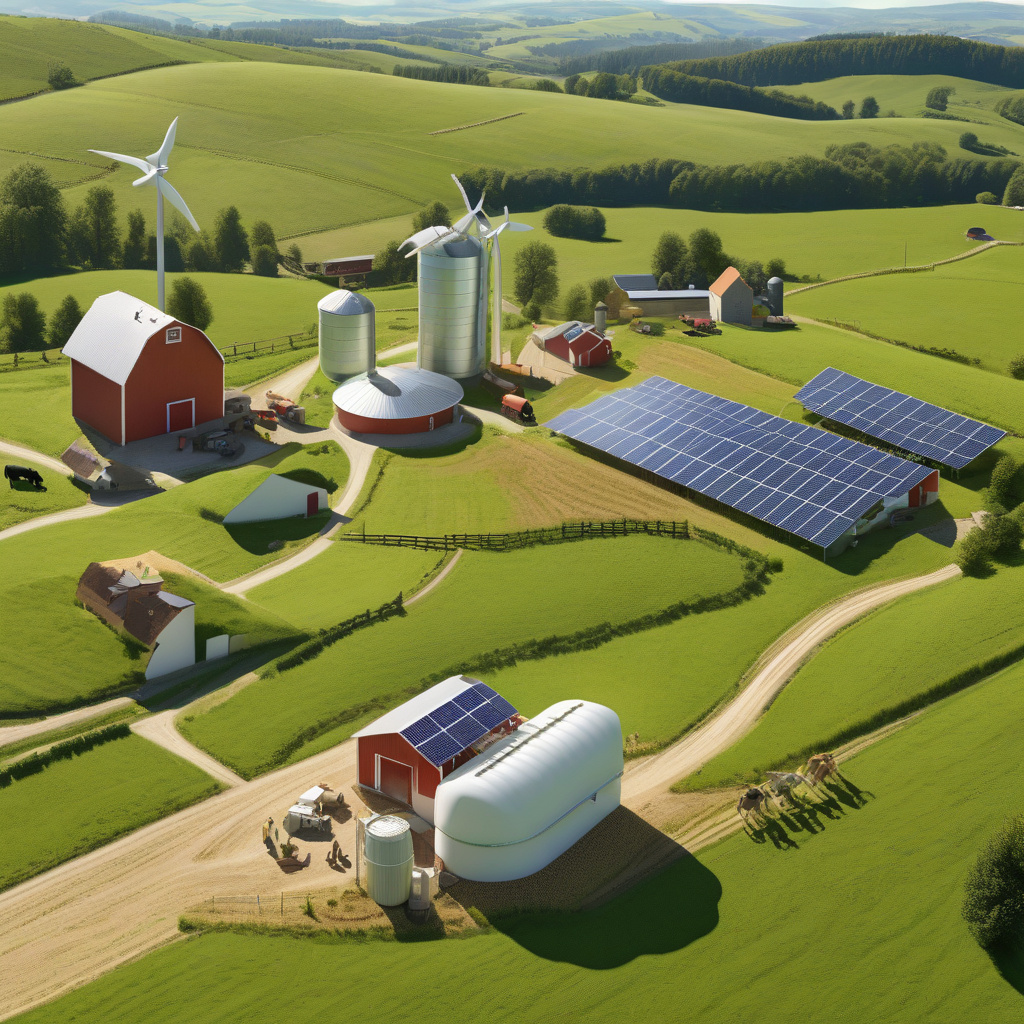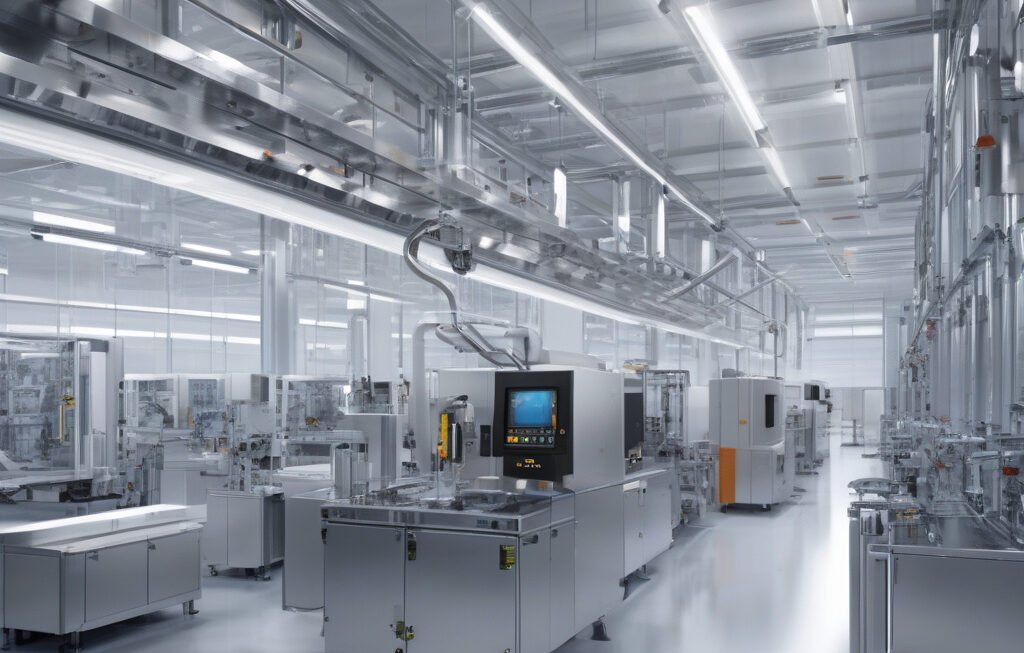Driving a More Sustainable Dairy Industry in Europe
The European dairy industry is experiencing a significant shift towards sustainability, with a strong focus on environmental, social, and economic aspects. This transformation is largely fueled by The UN’s Sustainable Development Goals, which have set a global agenda to achieve a better and more sustainable future for all. As one of the key players in the food and agriculture sector, the dairy industry in Europe is taking proactive steps to reduce its carbon footprint, minimize waste, and ensure the well-being of both animals and workers.
One of the primary areas of focus for the European dairy industry is environmental sustainability. This includes reducing greenhouse gas emissions, optimizing water and energy usage, and promoting biodiversity on dairy farms. Many dairy companies have implemented innovative technologies and practices to monitor and reduce their environmental impact. For example, some farms have adopted methane digesters to capture and utilize methane gas produced by cow manure, turning it into a source of renewable energy. Others have invested in precision agriculture tools to optimize feed efficiency and minimize resource wastage.
In addition to environmental considerations, the European dairy industry is also prioritizing social sustainability. This involves ensuring fair wages and working conditions for farm workers, as well as promoting animal welfare. Many dairy farms in Europe have introduced animal welfare programs that go beyond regulatory requirements to provide a higher standard of care for dairy cows. These initiatives not only improve the quality of life for the animals but also enhance the overall reputation of the dairy industry.
Furthermore, economic sustainability is a key pillar of the European dairy industry’s sustainability efforts. By adopting efficient farming practices, investing in renewable energy sources, and diversifying revenue streams, dairy companies are working towards long-term financial viability. Some dairy farms have embraced circular economy principles by repurposing waste products into valuable resources, such as using cow manure for fertilizer or biogas production. These initiatives not only reduce operating costs but also contribute to a more resilient and competitive dairy sector.
The drive towards a more sustainable dairy industry in Europe is also supported by consumer demand for ethically produced and environmentally friendly dairy products. Many consumers are increasingly conscious of the social and environmental impact of their food choices and are willing to pay a premium for products that align with their values. As a result, dairy companies that demonstrate a strong commitment to sustainability are not only meeting regulatory requirements but also gaining a competitive edge in the market.
In conclusion, the European dairy industry is making significant strides towards a more sustainable future, guided by The UN’s Sustainable Development Goals. By focusing on environmental, social, and economic sustainability, dairy companies are not only reducing their environmental footprint and improving animal welfare but also enhancing their long-term viability and market competitiveness. As consumer awareness and demand for sustainable products continue to grow, driving a more sustainable dairy industry in Europe is not just a responsibility but also a strategic imperative for the industry’s success.
#SustainableDairy, #EuropeanDairyIndustry, #EnvironmentalSustainability, #SocialSustainability, #EconomicViability












